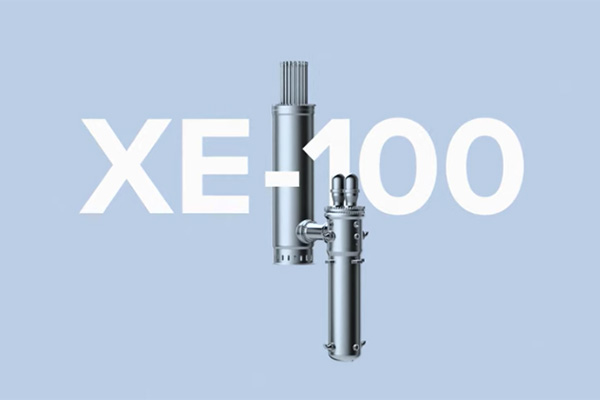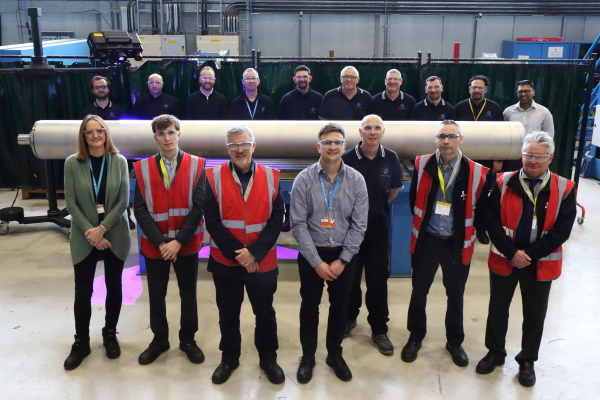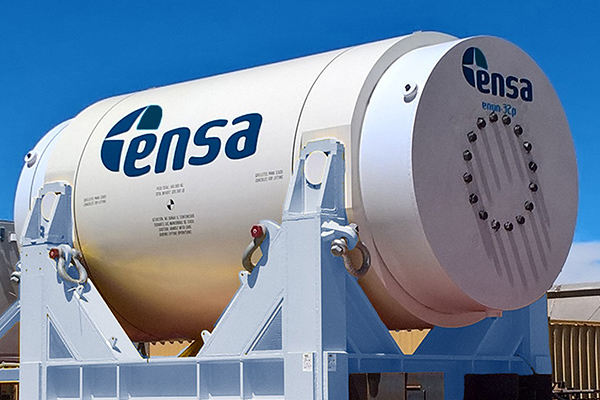The Nuclear AMRC is resuming work on all the R&D projects suspended at the start of the Covid-19 lockdown.
The centre suspended all workshop operations in late March to protect staff health, and has since been following a five-phase plan for returning to work while keeping staff safety as the number one priority.
In the fourth phase, the Nuclear AMRC is returning its research factory in Rotherham to full capacity to meet the requirements of its industrial customers and stakeholders.
“As we continue to successfully move through the phases of our plan, we are able to safely bring more shopfloor-based projects back online,” says programme director Jay Shaw. “In a few weeks, all of our hibernated projects will be active. This is testament to the hard work, diligence and professionalism of everyone involved.”
All Nuclear AMRC staff have worked from home throughout the lockdown, focusing on desk-based research and business support initiatives, and supporting national initiatives such as the VentilatorChallengeUK consortium led by the High Value Manufacturing Catapult.
The team have advised more than 130 companies from the nuclear supply chain and local networks on the design, manufacturing techniques and specifications for ventilator and PPE supplies, connecting businesses with local NHS trusts and national programmes where they can use their particular capabilities.
On 4 June, the Nuclear AMRC led a webinar for members and Fit For Nuclear (F4N) companies to discuss best practice in managing a safe return to work. The F4N team also produced a widely-shared guide to how the nuclear industry’s established safety culture could provide a model for businesses in other sectors.
“Many of our stakeholders have said how impressed they are with the professional approach of our centre, and it has been held up as an example of best practice for industry and the rest of the University of Sheffield,” Shaw notes.
The phased return to work was based on rigorous risk assessments, drawing on best practice from the centre’s network of manufacturers and other nuclear organisations.
In the first phase, beginning on 11 May, a skeleton team implemented new safeguards to allow work to resume on a small number of key research projects in the second phase. Measures included markings to help people maintain safe distancing from the car park to the shopfloor, a one-way flow system around the building, protective shields in reception, and hand-sanitising stations throughout the facility.
The third phase, which has now concluded, focused on preparing to restart other projects. For each project, the team reviewed risk assessments and methods statements to make sure that safe distancing and hygiene can be maintained. If distancing is impracticable, a full range of control measures have been put in place to minimise risk to staff.
Nuclear AMRC facilities in Derby and Birkenhead are following the same process, with support from local stakeholders.
The fifth and final phase, with all staff returning to normal operations, will be implemented only when the government lifts all work and travel restrictions.






